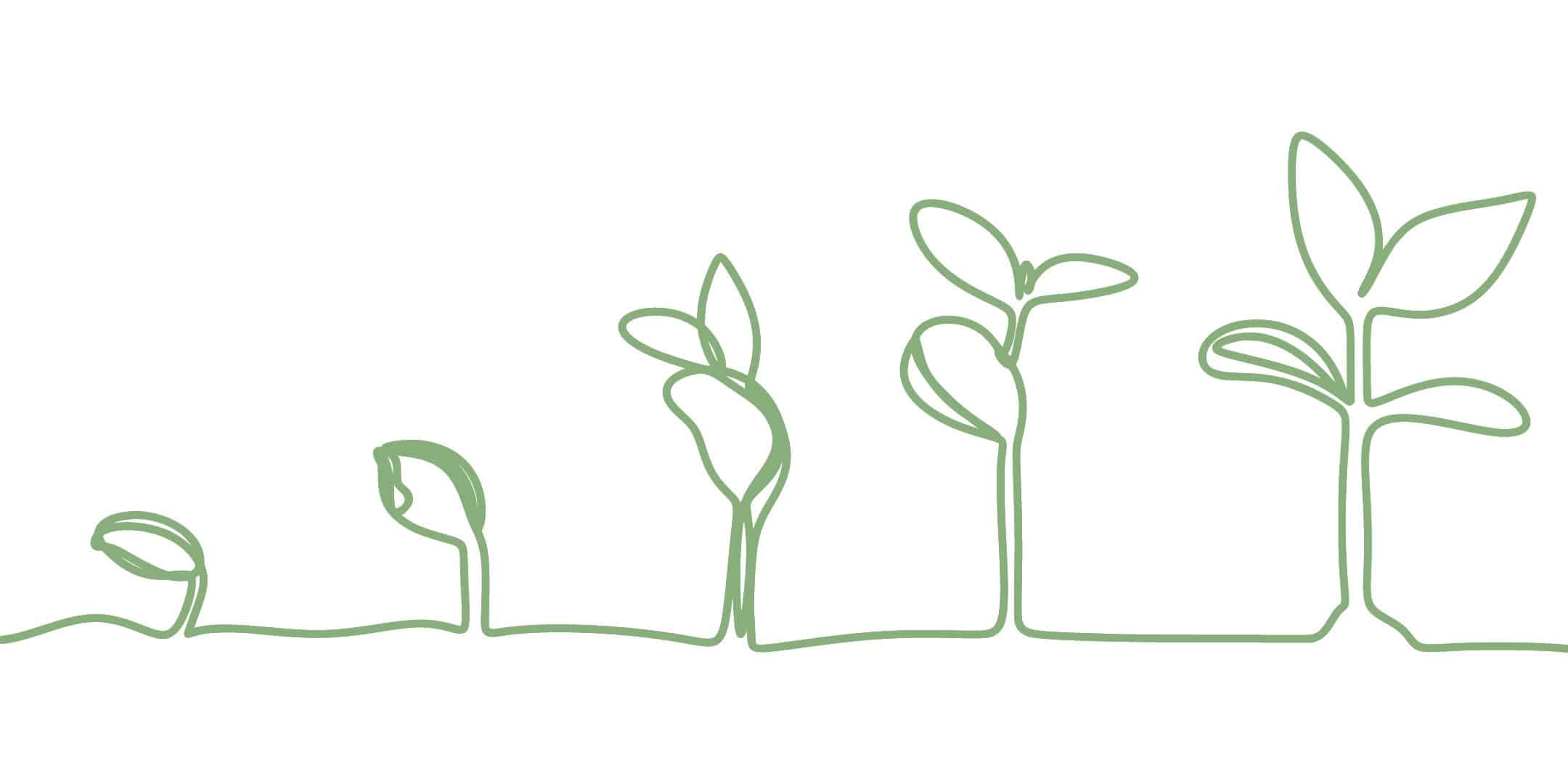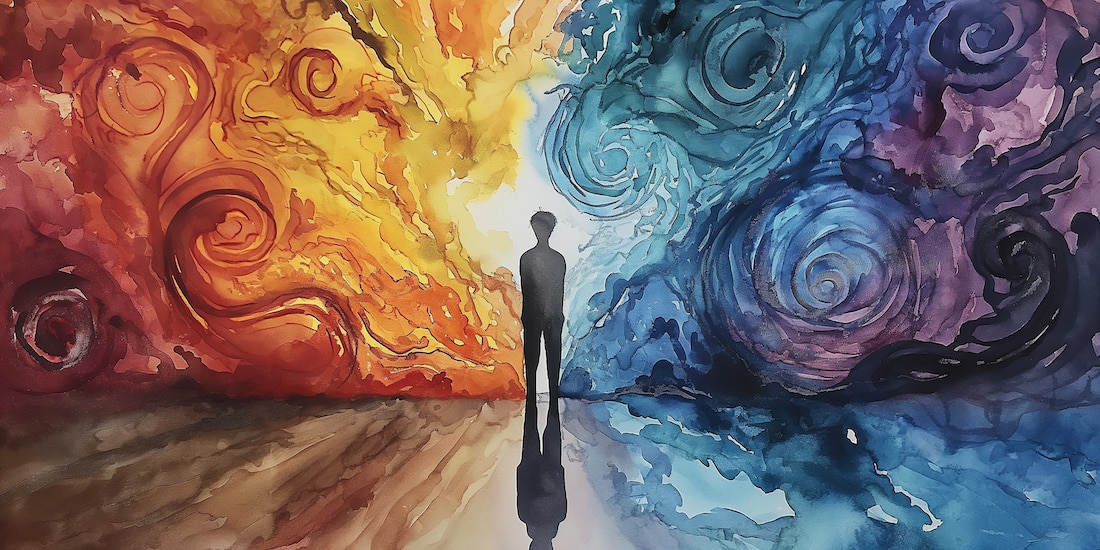Hangovers aren’t a pleasant experience. What starts with a fun night out for a few drinks with friends can become a headache, unquenchable thirst, nausea, and fatigue the next morning. Some people also experience “hangxiety,” a newly-coined term to describe the sense of anxiety that can accompany a hangover.
What exactly is “hangxiety” and is it something you should be worried about? Is experiencing hangxiety a sign that it might be time to reconsider your drinking?
What is Hangxiety?
Sometimes a few drinks in the evening equates to a hangover the following morning. Hangovers occur because your body experiences physiological stress as it processes the alcohol you drink. This affects your immune system, blood pressure, heart rate, and cortisol levels (the “stress hormone”). Your cognition also takes a hit, and studies show that dopamine levels are typically lower during a hangover.1
So what is hangxiety, and what causes it? All the physiological responses to a hangover listed above are similar to those caused by anxiety. About 12% of people report feeling anxiety during their hangovers.2 Hangxiety can make it difficult to concentrate or complete tasks, especially when it’s most severe.
Does Hangxiety Mean You Have Alcoholism?
The occasional hangover isn’t something to be too concerned about. Hangovers are your body’s physiological response to clearing the high concentration of alcohol from your system. Not everyone who experiences a hangover has a drinking problem or should be worried.
However, you may want to look at your drinking if you find yourself getting hangovers regularly. Maybe you tell yourself you won’t drink to the point of getting a hangover but then do it anyway. If you often drink past those self-imposed limits, it might be time to reconsider your relationship with alcohol.
Some research suggests that individuals with an anxiety disorder are more susceptible to hangxiety.3 Drinking in response to negative emotions or a troubling event is also more likely to leave you feeling anxious the next day. Both factors put people at a higher risk of developing alcohol use disorder at some point.
If your drinking behaviors frequently leave you feeling uncomfortable and anxious the next morning, you might want to cut back. Alcohol doesn’t mix well with everyone, and if it affects your mental state the following day, it may be best to take a step away from drinking.
When To Get Help For Your Drinking
Just like the way hangxiety is more common for individuals with an anxiety disorder, people with a mental health disorder are more at risk of developing a substance or alcohol use disorder. Thankfully, treatment programs are available for those trying to manage their mental health and overcome their substance use.
Perhaps you’ve tried cutting back on your drinking and found it difficult. Maybe you know your drinking causes problems in your life, but you struggle to get through a few days or weeks without it. It’s time to seek help if you have trouble stopping drinking or staying stopped. And if you have an underlying mental health disorder, finding help is even more important.
If you’re looking for help with your mental health and alcohol use, Pasadena Villa can help. We are a psychiatric treatment network that provides high-quality, individualized psychiatric care for adults with mental health and co-occurring disorders. To learn more about the programs we offer, call us at 407-215-2519 today!
References
- Psychophysiology. (2018). Alcohol hangover impacts learning and reward processing within the medial-frontal cortex.
- Journal of Clinical Medicine. (2019). The Association between Alcohol Hangover Frequency and Severity.
- Personality and Individual Differences. (2019). Shyness, alcohol use disorders, and ‘hanxiety’.



